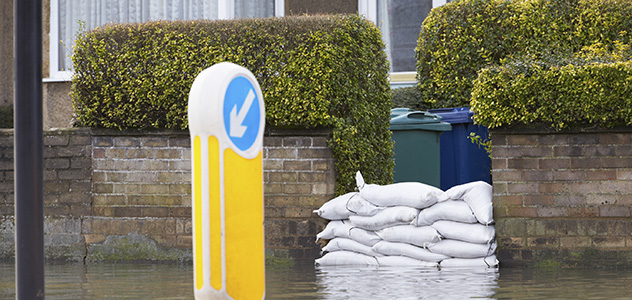Assessing surface water flood risk and management strategies under future climate change: an agent-based model approach

Download
Flooding is the costliest natural disaster worldwide. In the UK flooding is listed as a major risk on the National Risk Register with surface water flooding the most likely cause of damage to properties. Climate change and increasing urbanisation are both projected to result in an increase in surface water flood events and their associated damages in the future. In this paper we present an Agent Based Model (ABM), applied to a London case study of surface water flood risk, designed to assess the interplay between different adaptation options; how risk reduction could be achieved by homeowners and government; and the role of flood insurance and the recently launched flood insurance pool, Flood Re, in the context of climate change. The ABM is novel in its coverage of different combinations of flood risk management options, insurance, and Flood Re, and its ability to model changing behaviour, decision making, surface water flood events, and surface water flood risk in a dynamic manner.
The analysis highlights that while combined investment in property-level protection measures and sustainable urban drainage systems reduce surface water flood risk, benefits can be outweighed by continued development in high risk areas and the effects of climate change. Flood Re is beneficial in its function to provide affordable insurance, even under climate change, and is shown to have some positive effects on the housing market in the model. However, in our simulations Flood Re does face increasing pressure due to rising surface water flood risk, which highlights the importance of forward looking flood risk management interventions, that utilize insurance incentives, limit new development, and support resilience measures. Our findings are highly relevant for the ongoing regulatory and political approval process for Flood Re as well as the wider flood risk management discussion in the UK.

